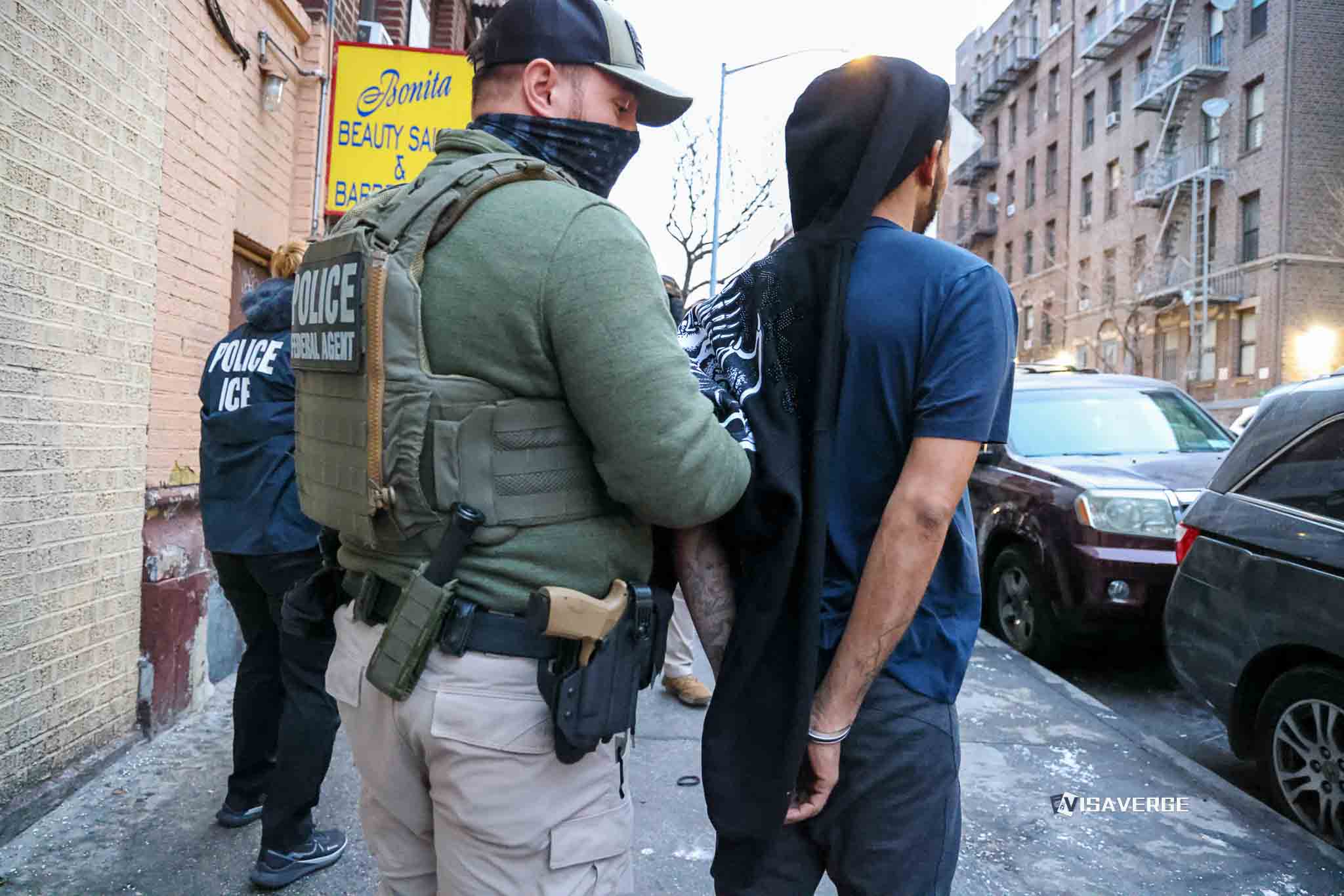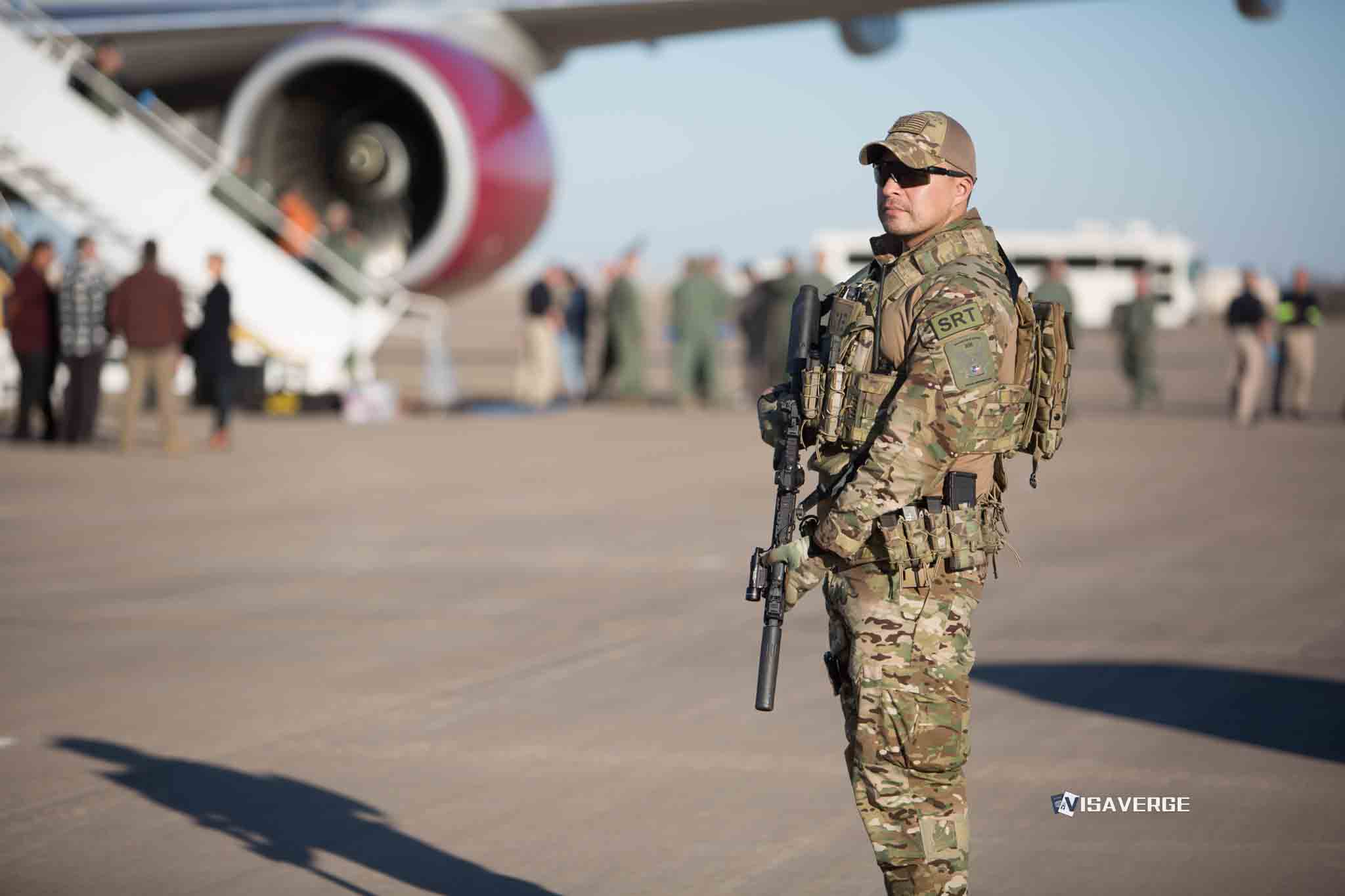(Nevada) Fear of deportation is shaping back-to-school decisions in Nevada, as the state’s two largest districts tighten rules that bar federal immigration officers from entering campuses beyond public areas without a judicial warrant. In 2025, both the Clark County School District (CCSD) and the Washoe County School District (WCSD) reaffirmed protocols that require staff to verify credentials, call district police, and allow access to classrooms or student spaces only when agents present a warrant signed by a judge.
Principals are trained to contact CCSD Police and legal counsel if immigration agents arrive, and WCSD says it uses legal procedures designed to protect all students and maintain “safety and belonging.” Families report unease anyway, and educators say that worry can ripple into attendance, especially in mixed‑status households, even though officials have not tied specific absentee data to immigration fears.

Policy context and legal framing
The approach reflects Nevada leaders’ effort to keep schools as “sensitive locations” where learning continues without immigration enforcement pressure. The ACLU of Nevada says there is no nationwide trend of Immigration and Customs Enforcement (ICE) taking action at schools, but it confirms agents may enter lobbies while being blocked from secured areas unless they show a judge‑signed order.
Key legal and policy actions in 2025 reiterate and clarify these protections while emphasizing compliance with valid court orders.
Attorney General guidance (Feb. 24, 2025)
- On Feb. 24, 2025, Attorney General Aaron D. Ford issued Model Immigration Policies under NRS 228.206 and 228.208 for:
- law enforcement
- courts
- higher education
- health care facilities
- K‑12 public schools
- The guidance clarifies:
- Civil ICE detainers and administrative warrants are not binding on Nevada agencies the way criminal warrants from a court are.
- Institutions are urged to limit immigration enforcement in sensitive places “to the fullest extent” allowed by law and to comply with valid court orders.
- Administrative details:
- The policies are recommendations; agencies that decline to adopt them must report reasons and provide current policies to the Attorney General’s office.
- The document is available from the Nevada Office of the Attorney General: https://ag.nv.gov/
Legislative actions
- Assemblymember Cecilia González introduced AB 217 to put the school warrant standard into statute, aligning law with current CCSD and WCSD practice.
- The bill would require a judicial warrant for immigration officers to move beyond public areas on school grounds.
- It proposes banning pepper spray and stun guns by school police and adds transparency obligations for use‑of‑force reporting.
- González describes the bill as a preventative step to stabilize policy across leadership changes and shifting federal enforcement.
- Hearings and amendments were scheduled in late February 2025; readers should confirm the measure’s status through the Nevada Legislature’s tracker, since early reports did not include final passage.
- On May 22, 2025, the Senate passed AJR 9, making Nevada the first state to formally urge Congress to recognize schools and places of worship as protected zones for immigration purposes.
- AJR 9 does not change state law; it expresses legislative intent and presses federal actors to act.
District practices and trainings
- In January 2025, CCSD reiterated that it does not verify students’ immigration status and does not enforce federal civil immigration laws; its police department’s General Orders reflect that position.
- New superintendent Jhone Ebert told local media in April that CCSD requires a warrant for immigration officers to enter district property and trains principals to call CCSD Police and counsel if agents arrive.
- WCSD staff and leadership, preparing for the 2025–26 school year, voiced support for codifying warrant requirements and said they are focused on a climate of safety and belonging regardless of immigration status.
Civil liberties groups and educator organizations are working the same theme from different angles:
- ACLU of Nevada
- Continues Know Your Rights trainings.
- Reminds families that students have a constitutional right to attend public school.
- Educator groups (NEA, Nevada State Education Association)
- Urge districts to adopt Safe Zone resolutions.
- Advise avoiding collecting immigration status.
- Recommend clear protocols for any ICE interaction.
- Share “red cards” that explain the right to remain silent.
According to analysis by VisaVerge.com, the practical effect of these combined steps is to reduce on‑campus uncertainty while reinforcing legal guardrails: schools honor valid court orders but do not serve as a doorway for routine civil immigration actions. That balance is critical in districts where fear can keep children home.
What families and schools should do now
For day‑to‑day school operations, the biggest point is simple:
- Without a judicial warrant, immigration agents may enter public lobbies but may not pass into secured areas, classrooms, or student spaces in CCSD and WCSD.
- Staff are instructed to:
- Verify credentials and ask the agent’s purpose.
- Contact district police and legal counsel.
- Direct agents to administration and request a judge‑signed warrant before granting access beyond public areas or to records.
- With a judge‑signed warrant, schools will comply as required by law.
Education records and FERPA
- Education records remain protected under FERPA.
- CCSD states it does not collect immigration status as a matter of practice.
- Record requests go through legal review, so a child’s enrollment should not expose a family’s status.
Practical steps for families
- Teach children to stay calm and go to a trusted adult at school if they feel worried.
- Keep emergency contact information current with the school.
- Know that you can decline to answer questions about status and have the right to remain silent.
- Attend ACLU of Nevada Know Your Rights trainings and review materials shared by your district or parent groups.
Practical steps for school administrators
- Train front office staff and principals to:
- Verify credentials and the purpose of any agent’s visit.
- Ask to see a judge‑signed warrant before granting access beyond public areas or to records.
- Immediately notify district police and legal counsel.
- Protect FERPA‑protected records and avoid collecting immigration status.
- Share clear, repeated messages with families that school is a safe learning space for every child and explain the warrant requirement in plain language.
Officials stress these rules are not about creating “sanctuary for criminals.” Attorney General Ford has emphasized that agencies must follow valid court orders and that the difference between civil detainers and criminal warrants matters. The districts’ policies reflect that line: they comply with judge‑signed warrants and decline to assist with civil immigration tasks.
Watch list — developments to follow
- The final outcome of AB 217, including any changes to proposed restrictions on pepper spray and stun guns and new reporting on use of force.
- Whether local agencies adopt the Attorney General’s model policies or file alternatives; those reports could surface in fall 2025 board meetings.
- Any federal shifts that change how immigration officers approach “sensitive locations,” especially if Congress responds to AJR 9.
Why this matters
When a parent keeps a child home because of fear of deportation, the lost class time can snowball into reading gaps, missed counseling, and less trust in school. Districts say they want to remove that barrier by being clear about rules at the front door. The warrant standard also gives front office staff a simple script:
- Ask for a judge‑signed warrant
- Call district police
- Protect student spaces and records
Nevada’s message is steady even as federal enforcement ebbs and flows: schools are for learning, and legal process must come first. Families who feel nervous do not need to guess — they can ask their principal how the Clark County School District or WCSD handles agent visits, review their school’s safety plan, and prepare basic documents and contacts.
For most kids, the school day should feel normal — books, friends, teachers — and not a place where immigration worries rule the morning bell.
This Article in a Nutshell
Fear of deportation is changing school routines in Nevada. In 2025 CCSD and WCSD require judicial warrants for classroom entry, train staff to call district police, protect FERPA records, and urge families to use ACLU Know Your Rights resources to keep students attending school safely.













